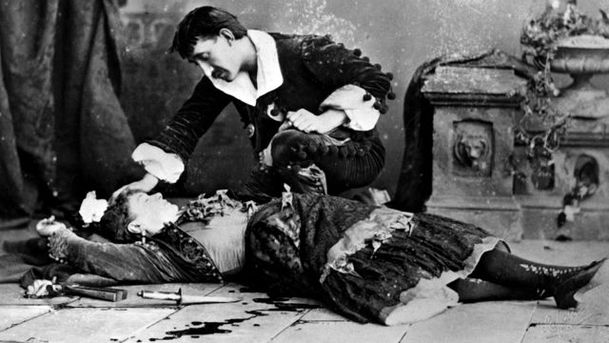Composer of the Week - Verismo - Episode 1

When it comes to Italian opera, the term verismo promises tales of high drama, love, lust, violence and death. From the anguish of Elisabeth in Verdi's Don Carlos, to the ghastly murder that draws the curtains on Puccini's Il tabarro, this is a week of passion, ecstasy and heartbreaking tragedy, realised in sumptuous musical technicolour by the grand masters of the genre. There's a feast of music by Puccini, Leoncavallo and Mascagni, along with a series of lesser known but equally colourful characters including Cilea, made famous by Enrico Caruso, Ponchielli, probably best known for the comedic realisation of Dance of the Hours in Disney's Fantasia and Catalani, whose best known aria was used in the French film "Diva". There's even an aria from an alternative Bohème, written by Leoncavallo at the same time as Puccini's big hit. But it's not as easy as it might seem to work out why these composers get lumped together. Musically speaking at least, verismo is a term that's probably got more exceptions than rules, inviting debate to the point where some academics have stated it should be "handled with great care.if at all"! Happily ignoring that particular advice, as part of the BBC's opera season in 2010, the Italian opera authority Roger Parker joins Donald Macleod to map out the ways in which "verismo" can be applied to opera from Verdi to the twentieth century. Monday's programme begins in the 1870s, in the aftermath of a newly unified Italy. Responding to the prevailing artistic restlessness, composers were keen to break away from the operatic conventions of the past and found inspiration in an avant-garde literary movement headed up by Giovanni Verga. It was against this backdrop that the grand old man of Italian opera, Verdi looked to Paris and grand opera, wishing to produce something new and distinctly modern. Soon enough a tide of younger composers rushed to follow in his wake.